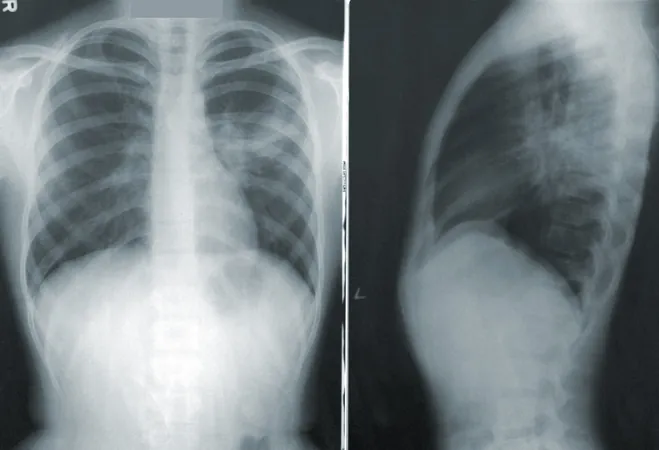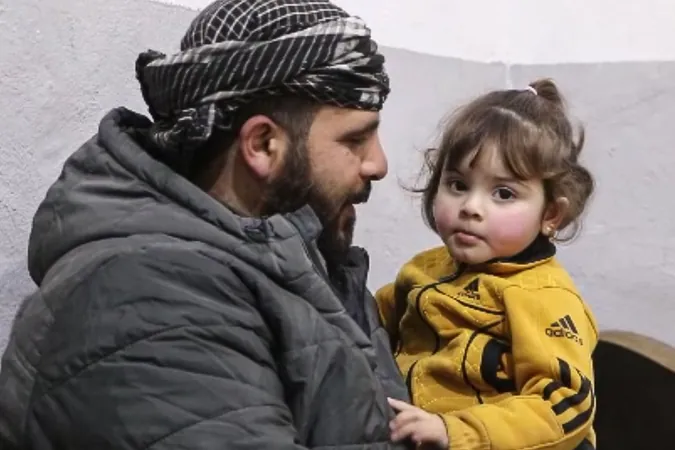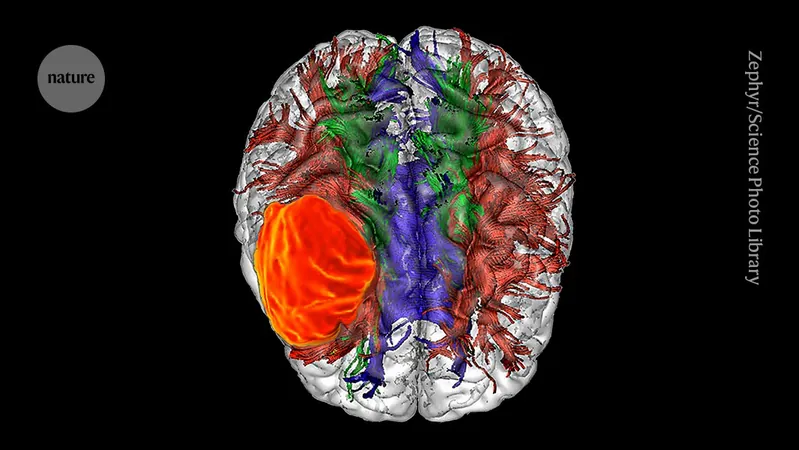
Unlocking Lung Cancer Care: Bridging Communication Gaps for Better Patient Empowerment
2025-09-09
Author: Rajesh
A groundbreaking survey by Lung Cancer Europe (LuCE) has unveiled alarming communication barriers hindering the experience of lung cancer patients and their caregivers across Europe. Presented at the prestigious International Association for the Study of Lung Cancer 2025 World Conference on Lung Cancer, this study sheds light on a dire need for better information access and shared decision-making.
With over 2,000 responses from 34 countries in 20 languages, the research evaluated crucial areas concerning lung cancer knowledge, information accessibility, and the degree of patient involvement in treatment choices. The critical findings echo the urgent call for healthcare systems to refine their communication practices, ensuring a more personalized approach to patient care.
The Patients’ Voice: A Call for Clarity and Empowerment
Debra Montague, a key figure from LuCE, stated, "Patients need information that is understandable, timely, and promotes meaningful participation in their care." Unfortunately, many systems today still fall short, leaving patients and caregivers feeling powerless in making informed choices.
Striking statistics reveal that 65% of participants hesitated to seek care due to not recognizing symptoms, and a worrying 22% were unaware of important biomarkers that could influence their treatment. Furthermore, 24% expressed confusion about their prognosis.
Communication Chaos: Key Barriers to Decision-Making
Montague emphasized that 40% of participants felt inadequately informed, with 29% struggling to grasp the information they did receive. The barriers to effective communication were vividly illustrated: 39% found processing information challenging, 33% cited lack of clarity, and another 33% noted complexity as a significant hurdle.
Even more concerning, only 56% felt their opinions were valued in treatment discussions, while 60% reported that their care plans aligned with their personal preferences. The overwhelming presence of complex medical jargon was identified as the top obstacle to shared decision-making, affecting nearly half of the respondents (49%).
Quality vs. Quantity: Patient Preferences Under the Spotlight
Interestingly, the survey revealed that 64% of respondents equally valued quality and length of life, while about a third leaned towards prioritizing quality over quantity. This insight further underscores the need for healthcare discussions to be tailored to individual patient preferences.
A Call to Action: Improving Care Through Collaboration
Montague urged healthcare providers, policymakers, and advocacy groups to come together to enhance early diagnosis, improve communication strategies, and foster environments that prioritize shared decision-making. She passionately concluded, "Health providers must enable and implement shared decision-making to help enhance quality of life. Improved communication strategies are critical to deliver person-centered care."


 Brasil (PT)
Brasil (PT)
 Canada (EN)
Canada (EN)
 Chile (ES)
Chile (ES)
 Česko (CS)
Česko (CS)
 대한민국 (KO)
대한민국 (KO)
 España (ES)
España (ES)
 France (FR)
France (FR)
 Hong Kong (EN)
Hong Kong (EN)
 Italia (IT)
Italia (IT)
 日本 (JA)
日本 (JA)
 Magyarország (HU)
Magyarország (HU)
 Norge (NO)
Norge (NO)
 Polska (PL)
Polska (PL)
 Schweiz (DE)
Schweiz (DE)
 Singapore (EN)
Singapore (EN)
 Sverige (SV)
Sverige (SV)
 Suomi (FI)
Suomi (FI)
 Türkiye (TR)
Türkiye (TR)
 الإمارات العربية المتحدة (AR)
الإمارات العربية المتحدة (AR)